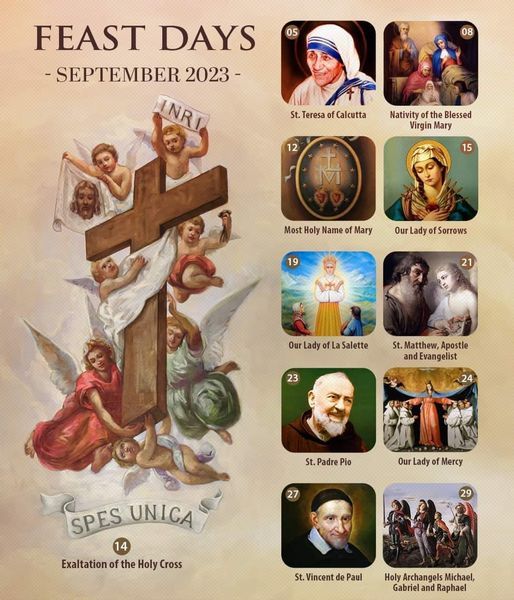In a western world formed by the post-modernist philosophy of the eighteenth and nineteenth centuries, and then codified by the materialism and scientism of the twentieth and twenty-first centuries, it's not a surprise to find both atheisms and nihilism on the rise in the west. Today there are many great theistic philosophers who give their voices to hope in God such as William Lane Craig, Edward Feser, John Bergsma, and more. However, even in the popular works by these gentlemen it is easy to get lost in the philosophical arguments and forget how to have a normal conversation with a normal human being that may be unwilfully ignorant of the philosophies involved in this type of a conversation.
Also, in an age of social media where brevity and churlishness are king, it can also be difficult to hold meaningful conversations with people of opposing frameworks of belief without giving into the desire to "slam dunk" on people with your arguments and logic. Often times I have found myself in this exact situation on social media where I am tempted to use extra smart sounding philosophical jargon to utterly annihilate my plebian interlocutor. See there I go again. How arrogant and foolish this tactic is and all for my own vainglory and the high of another Twitter battle won at the expense of another person.
So how do we have meaningful conversations of good will that are genuine and not forced for pious appearance alone? That is what I want to discuss in today's post, so if you were expecting a review of the popular philosophical arguments against atheism and nihilism, well I'm sorry to disappoint. If you are instead looking for ways to talk to an acquaintance, a relative, a co-worker, a friend, or even a family member, then buckle up because there is a lot more work to be done than what can be accomplished in 280 characters on Twitter.


















